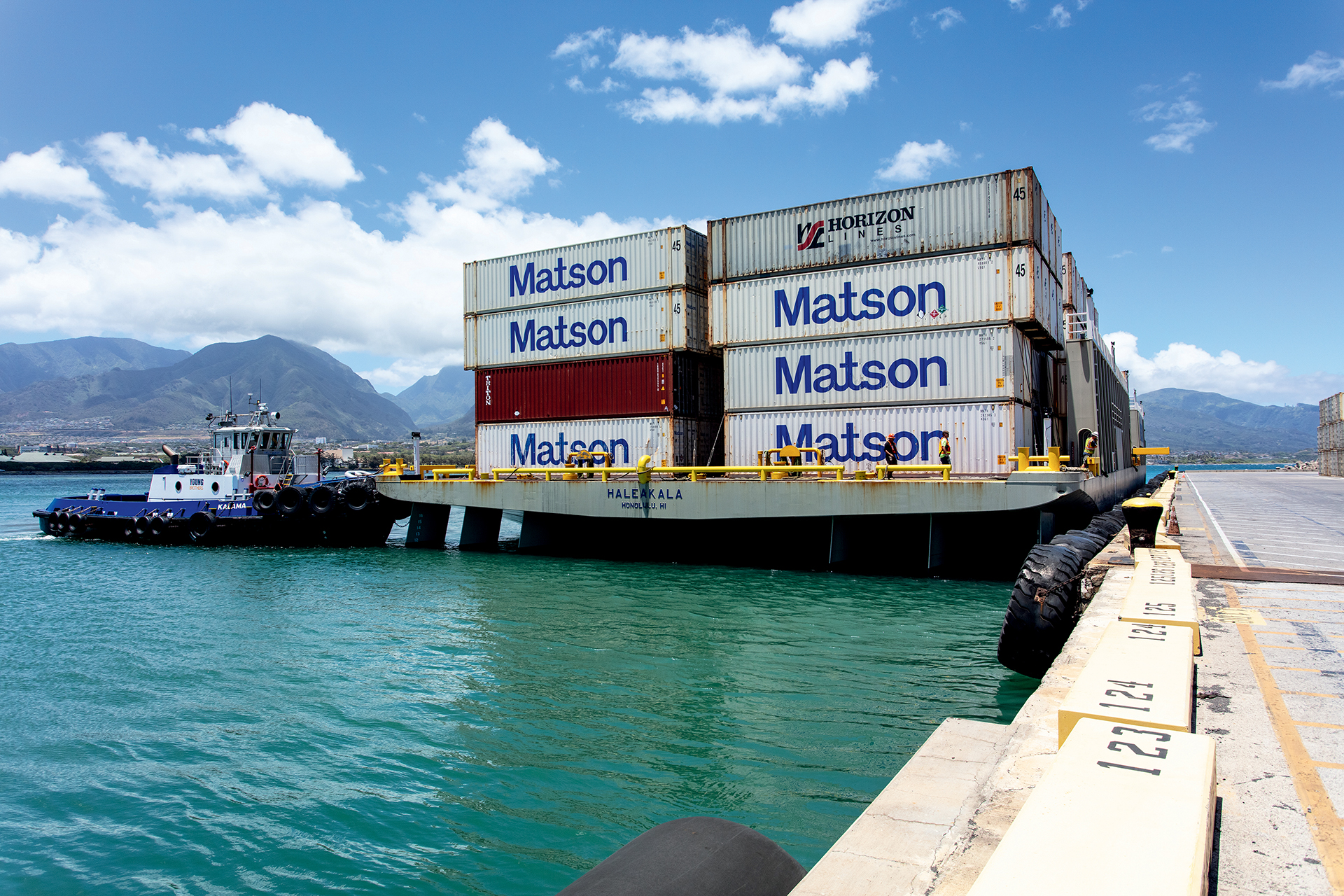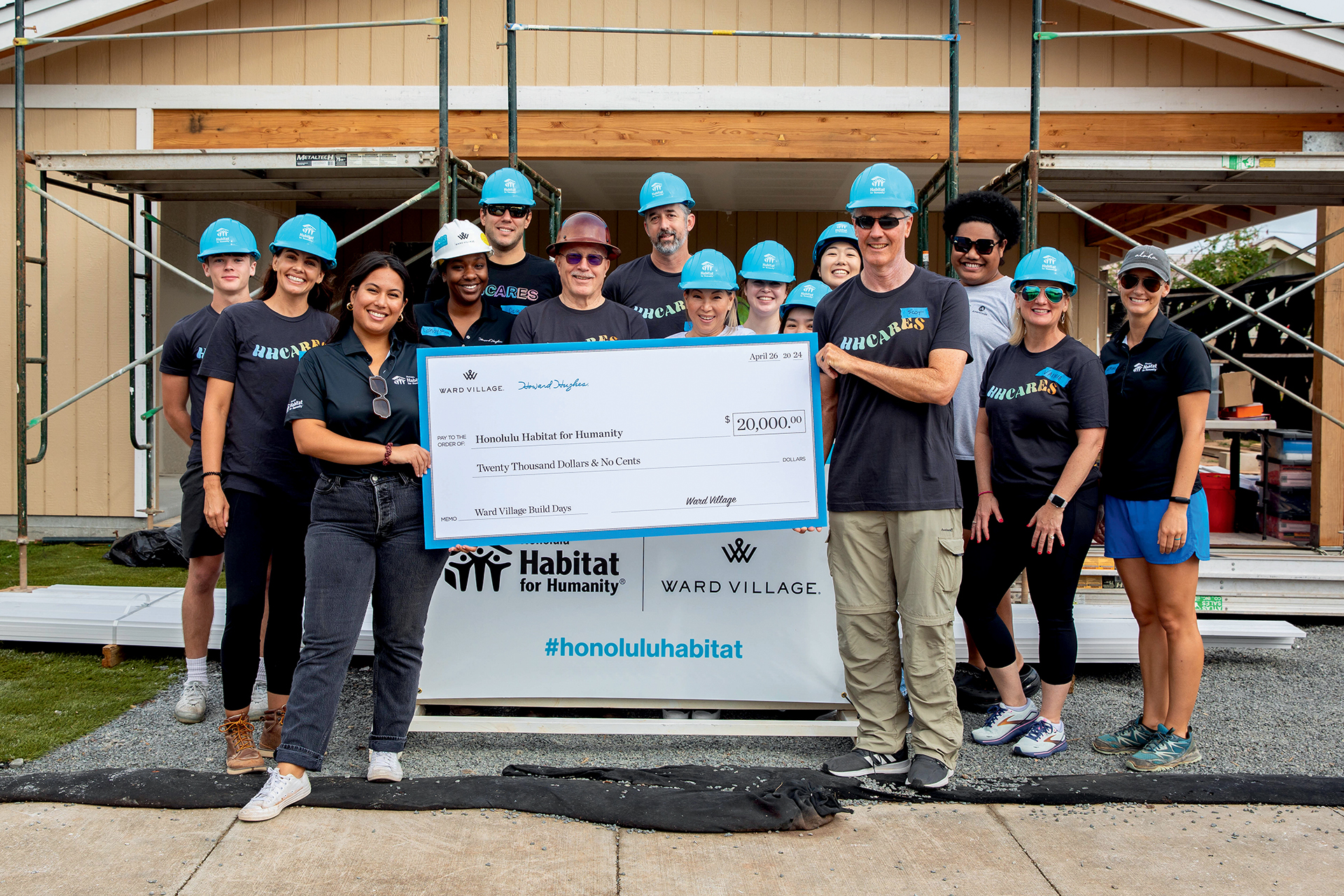
Glen Kaneshige

Michael Young

Erin Mori
A lively discussion at the Hawai‘i CCIM Chapter’s May general membership meeting had a roomful of commercial realtors, business owners and general contractors thinking hard about the local building industry.
“Hawai‘i Construction Industry Outlook 2023: Pursuing Growth in the Face of Economic Headwinds” featured panelists were Nordic PCL President Glen Kaneshige; Albert C. Kobayashi (ACK) President and CEO Michael Young; and Swinerton’s Erin Mori, director of preconstruction and estimating. Moderating the May 19 panel at Cafe Julia was Erin Kirihara, executive vice president at Rider Levett Bucknall.
Nordic PCL’s Kaneshige said the audience had to look beyond the COVID-19 pandemic with fluid planning, adjusting timelines and the unpredictability of “crazy construction costs.”
While most blame COVID-19 for the recent global economic slowdown, Kaneshige asked the audience to consider “the big freeze in Texas … [which caused] all of their chemical plants and factories [to] shut down.”
According to Texas Comptroller Glenn Heggar, the Texas Freeze of 2021 caused supply chains already burdened by the pandemic to suffer a bigger blow, thanks to Winter Storm Uri.
“This setback included Texas chemical plants, which make up nearly 75 percent of U.S. chemical production and contribute to the manufacture of ingredients necessary for disinfectants, plastic bottles, fertilizer, pesticides and packaging,” Heggar said in an online report. “The freezing temperatures and blackouts damaged equipment in those plants, further slowing supply lines.”
That explains why supplies took between 50 and 80 weeks to get to Hawai‘i, according to Young of ACK. The rowboat-slow arrival of machinery parts, fan coils, insulation, wood, cleaners and paints made it difficult to nail down prices for clients, sometimes resulting in contracts being shelved indefinitely.
“We now want to sign a contract earlier, pay money earlier to mitigate risk, and prepare and plan lead times for materials,” Young explained.
Swinerton’s Mori said one thing that kept her company steadily working “was focusing on renovations in the hospitality and health sectors and doing more with less.”
That could mean not using the first choice in decorative tiles because they take forever to ship, deep cleaning furnishings instead of reupholstering, or driving a company truck a year or two longer.
Labor shortages, a constant in Hawai‘i’s economy for more than 50 years, were also discussed. Local unions continue to lose membership and aren’t gaining enough traction when it comes to recruiting new, younger workers to fill journeymen positions, such as masons, electricians, plumbers, carpenters, roofers and painters.
It’s a delicate dance between general contractors and unions when it comes to new contracts, of which a big one is coming up in 2024. Who will blink first?



